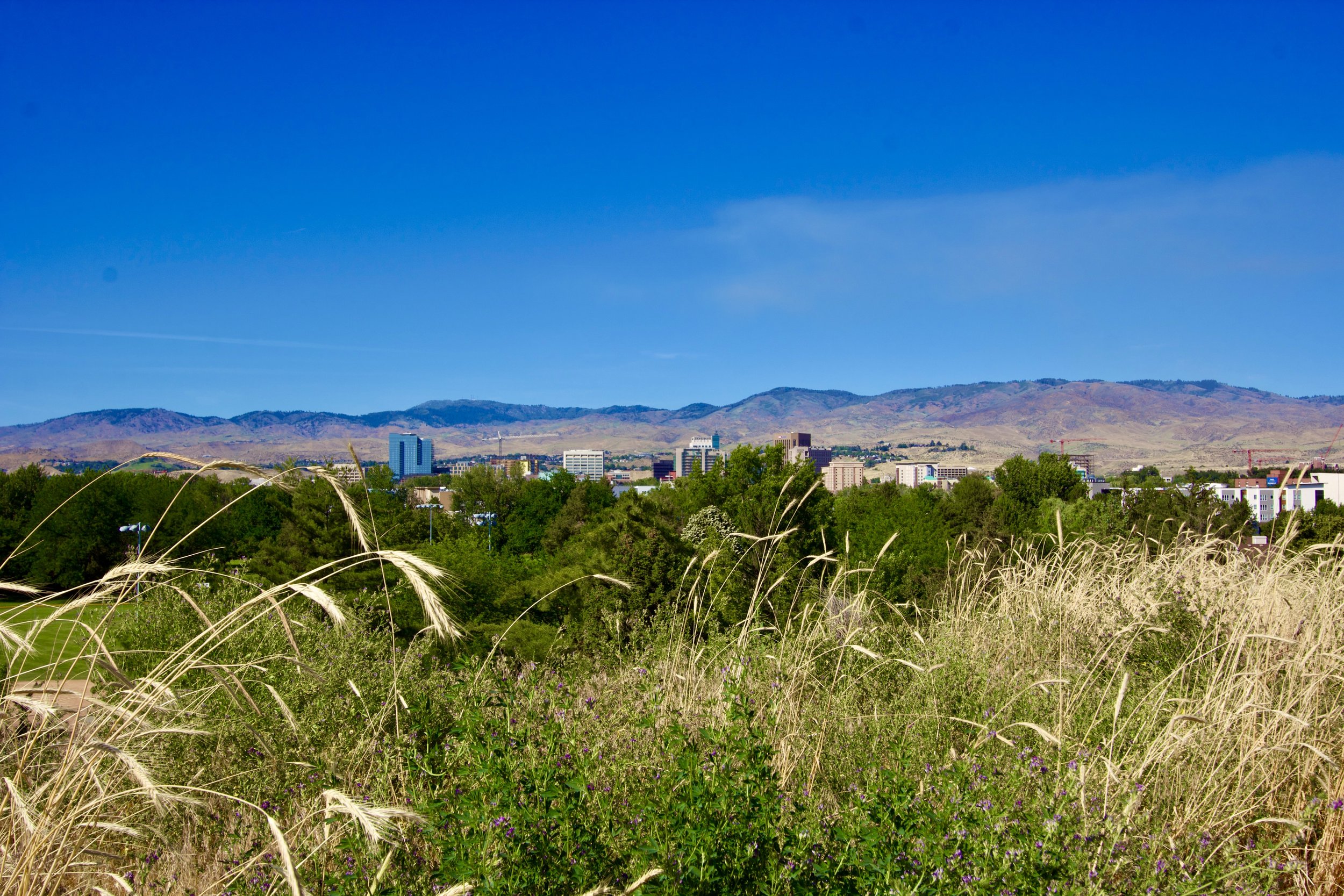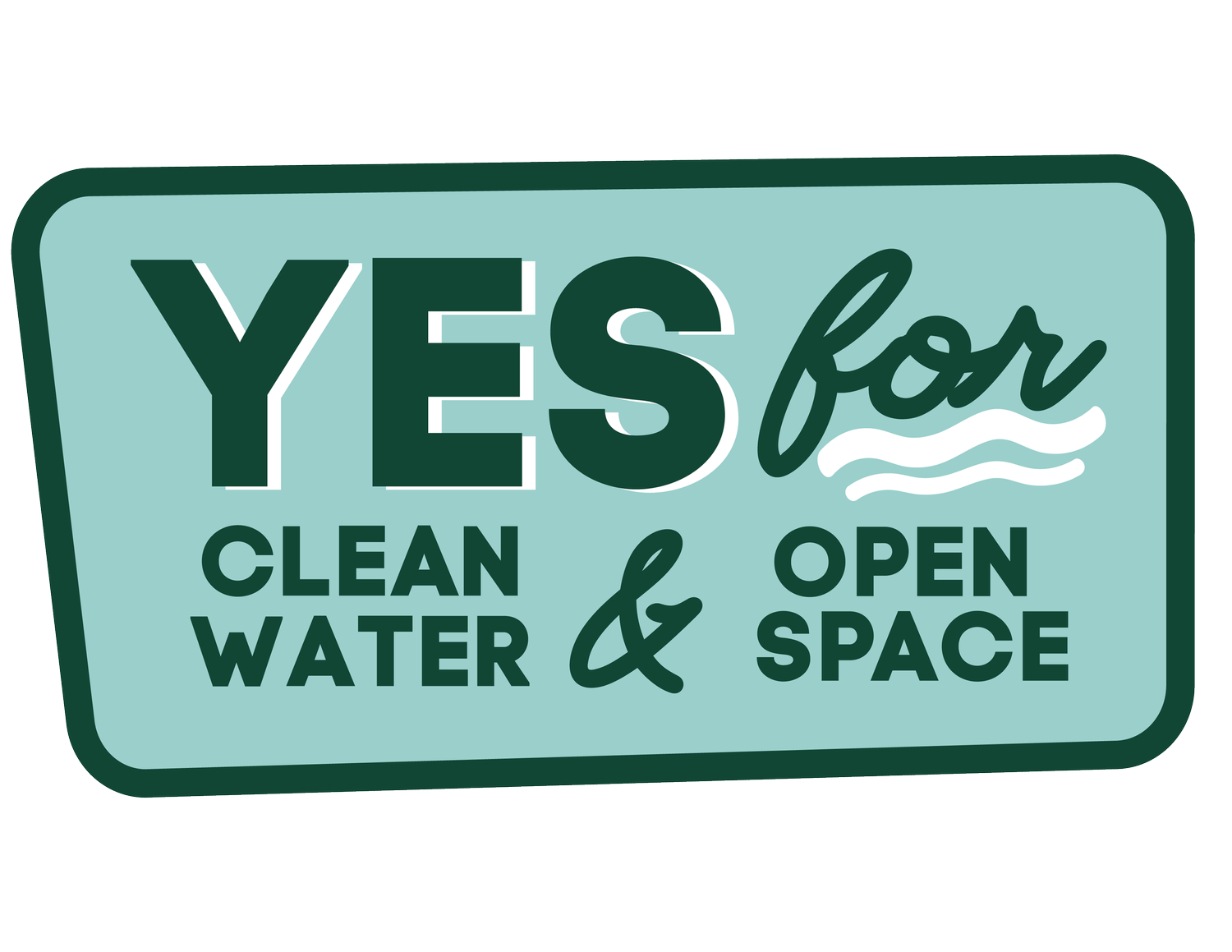
Frequently Asked Questions
What is a levy?
A levy is a tax or fee imposed to raise revenue for a specific purpose. The 2025 Boise Clean Water and Open Space Levy will uplift the Boise community through projects to provide clean water and a clean Boise river to the residents of Boise. The levy will also work to preserve and expand open spaces and trail access to Boise residents, and residents in surrounding communities.
Why is this levy needed?
The previous Boise Open Space, Clean Water, and Pathways Levy was approved by voters in 2015 with a 74% approval. Since 2015, the City of Boise has utilized the funds from this levy to fund projects to increase access to parks and pathways, and invest in projects to keep Boise’s water clean. In 2025, there is less than $500,000 left from the previous levy. Boiseans want to continue this important work to protect clean water, expand open space and pathways, and mitigate wildfire risk.
How much will the levy cost me?
The estimated average annual cost per household for the proposed levy is a property tax increase of $9.89 per $100,000 of taxable assessed home value per year, based on current conditions. For most Boiseans, this is less than $50 dollars per year.
How do I vote on the levy and when is the election?
The levy will be listed on the November 4th, 2025 ballot, and for many Boiseans, will feature next to a city council election. Below are Ada county voting resources:
Will the levy funds be used for costs other than the benefits explained?
All levy funds must be spent solely on the benefits listed in the levy language, not on administrative costs. The levy funds will also be subject to an annual independent audit. The levy will raise the amount of $5.5 million dollars each year for two years beginning October 1, 2026 and ending September 30, 2028.
To read the full levy text, click here.
Tax Disclosure
The Yes for Clean Water and Open Space Campaign is an IRC section 501(c)(4) organization, rather than a 501(c)(3). This means contributions to this campaign will not be deductible by donors for purposes of federal income taxes. The IRS requires that fundraising solicitations for a 501(c)(4) like Yes for Clean Water and Open Space Campaign include an express statement that contributions to it are not deductible for federal income tax purposes as charitable contributions.
